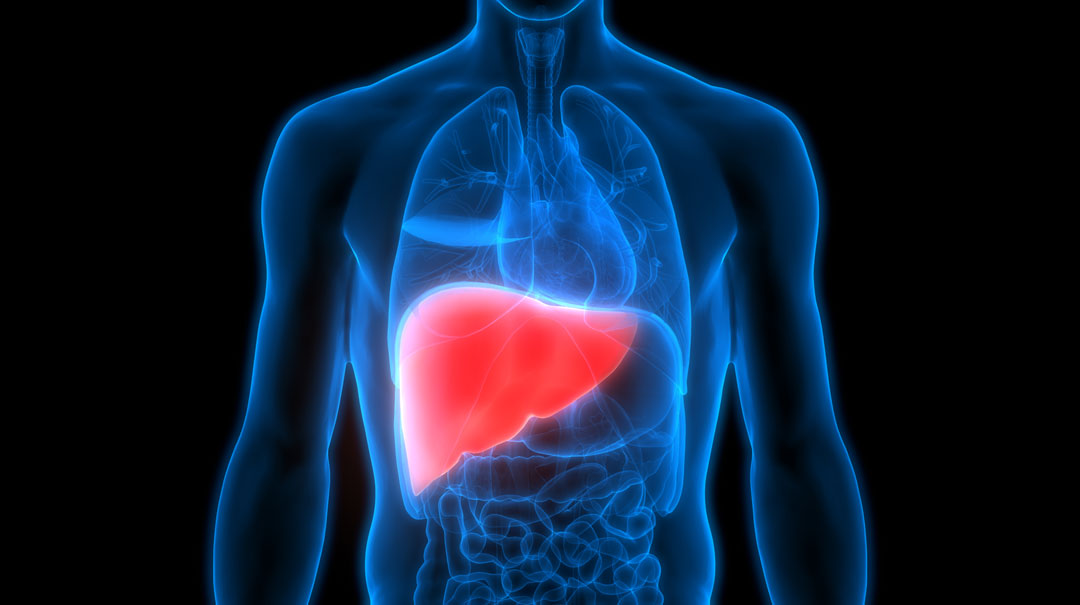Hepatitis B virus (HBV) is a leading cause of chronic liver disease among people living with HIV. In Uganda, around 17% of HIV patients also have hepatitis B. Co-infection increases the risk of liver complications, so early detection and careful management are important.
If you are living with HIV, Hope Plus can help you understand your risk, explain test results, and guide you on lifestyle choices and next steps. You get personalised advice from licensed doctors, helping you stay informed and make safe decisions for your liver and overall health.
Who Should Be Screened
- All people living with HIV who are starting ART
- HIV patients experiencing treatment failure
Screening is done using the Hepatitis B surface antigen (HBsAg) test. For those who test positive, further tests are recommended every six months:
- Complete blood count (CBC)
- Liver function tests (ALT, AST, albumin, bilirubin, PT-INR)
- Liver ultrasound to assess liver fibrosis
Treatment of HBV/HIV Co-Infection
The main goal of treatment is to prevent liver damage and reduce complications from both HIV and hepatitis B.
- Preferred ART regimen: Tenofovir (TDF 300 mg) + Lamivudine (3TC 300 mg) once daily for life
- After six months on treatment, your healthcare provider will evaluate how well your hepatitis B is controlled
- If jaundice, fatigue, abdominal pain, or abnormal liver tests occur, your provider may order HBV DNA testing (viral load)
When Treatment May Need Adjustment
- If hepatitis B viral load is above 2000 IU/ml after 24 weeks of therapy, further evaluation and specialist care are needed
Preventing Hepatitis B
- Avoid alcohol, which can worsen liver damage
- Practice safe sex and avoid sharing needles or other sharp objects
- All household members and sexual partners of people with HIV and hepatitis B should be screened
- Vaccination is highly effective:
- HIV patients who test negative for HBsAg should be vaccinated
- Sexual partners and close contacts should also receive the vaccine
Key Takeaways
Hepatitis B can silently damage the liver, especially when combined with HIV. Regular screening, proper ART, and preventive measures can greatly reduce risks.
For personalised guidance on hepatitis B and HIV co-infection, understanding test results, and advice on protecting your liver, connect with licensed doctors through Hope Plus. This service helps you make informed decisions for your health and plan the safest next steps.


